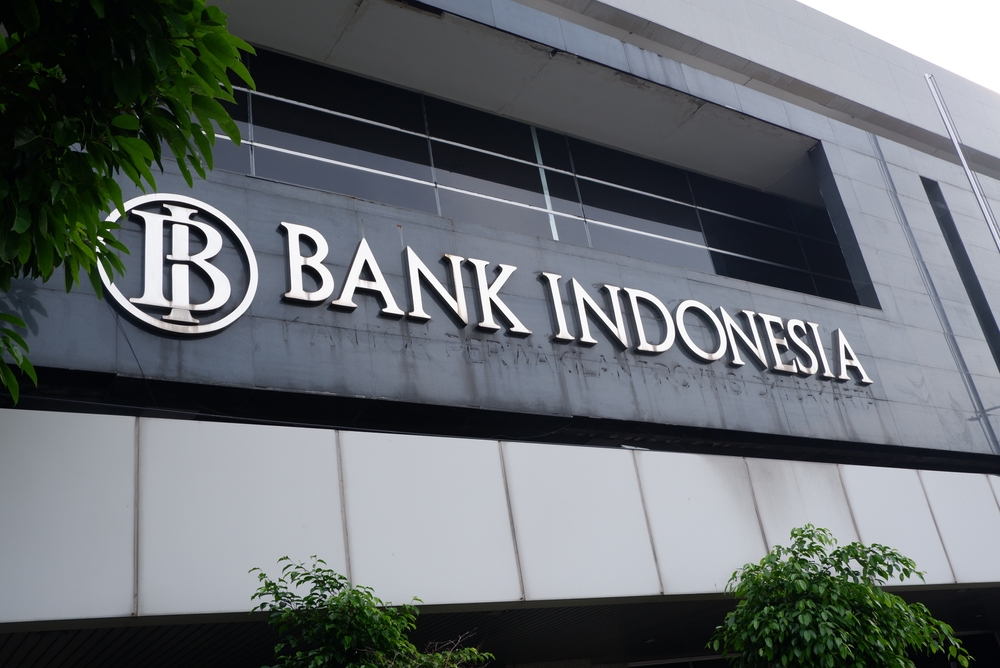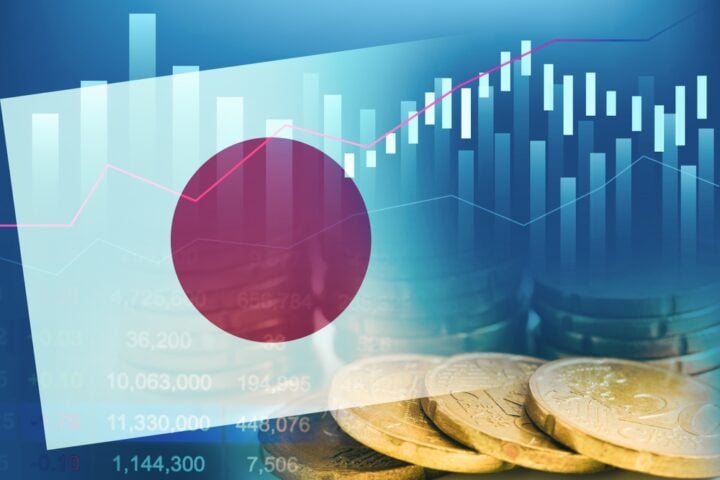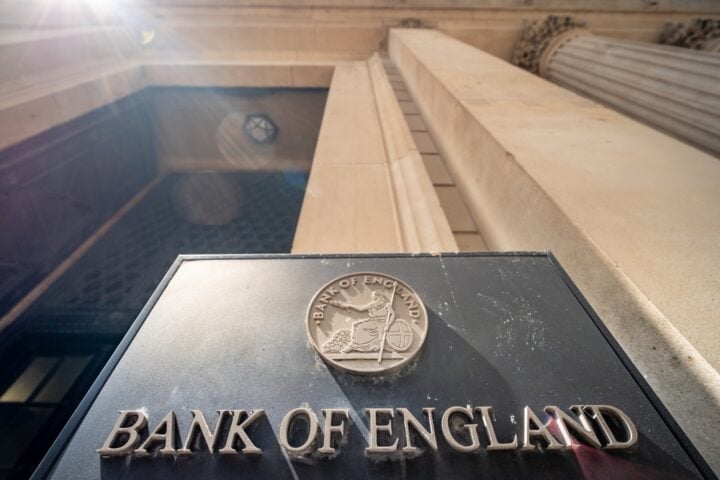Indonesia’s central bank kept its policy rates unchanged for the third consecutive meeting on Wednesday, as expected. The central bank aims to stabilize the rupiah amid global trade tensions, particularly from the U.S.-China tariff conflict. Bank Indonesia (BI) maintained its benchmark 7-day reverse repurchase rate (BI Rate) at 5.75%, as forecasted by most economists. The central bank also kept its other policy rates steady.
Rupiah Struggles Amid Tariff Concerns
The rupiah hit a record low earlier this month, and Indonesia’s stock market dropped sharply due to capital outflows triggered by the U.S. announcement of reciprocal tariffs on Indonesia and other countries. However, the rupiah has strengthened slightly following President Donald Trump’s announcement of a 90-day tariff freeze, offering some relief. Despite this, the rupiah has still depreciated more than 4% this year.
Central Bank’s Focus on Exchange Rate Stability
Governor Perry Warjiyo emphasized that the central bank’s priority remains exchange rate stability, with a potential room for future rate cuts once this stability is ensured. BI has also expressed concerns about the global economic outlook due to the U.S. tariff policy and China’s retaliation. The bank has forecast Indonesia’s growth this year to be slightly below the mid-point of its range of 4.7% to 5.5%.
Tariff Impact and Inflation Outlook
While some economists predict rate cuts later this year, primarily due to the economic impact of the tariffs, BI has signaled that it is prepared to support growth through interventions. The annual inflation rate has remained below BI’s target range, with March’s inflation at 1.03%. This low inflation environment leaves room for potential rate cuts, but the central bank is carefully monitoring the situation.
Global Risks and Economic Growth
Indonesia’s economy may face further challenges if the U.S. maintains tariffs, with Finance Minister Sri Mulyani Indrawati estimating that the tariff could reduce growth by up to 0.5 percentage points. However, the larger risk may stem from a potential slowdown in China, which is Indonesia’s biggest trade partner. China’s economic downturn could have a more significant impact on Indonesia’s economy due to the heavy trade and investment ties between the two countries.







